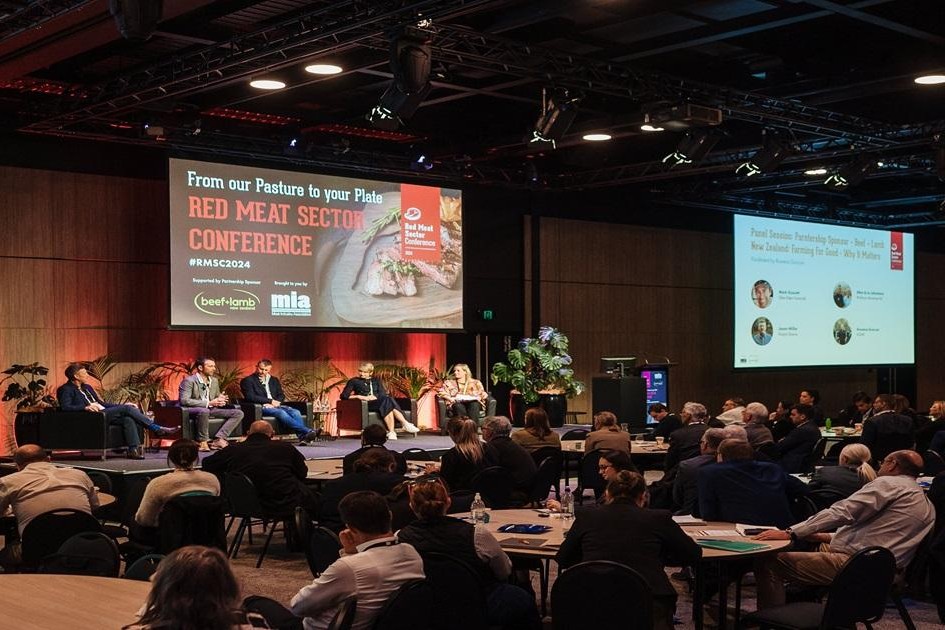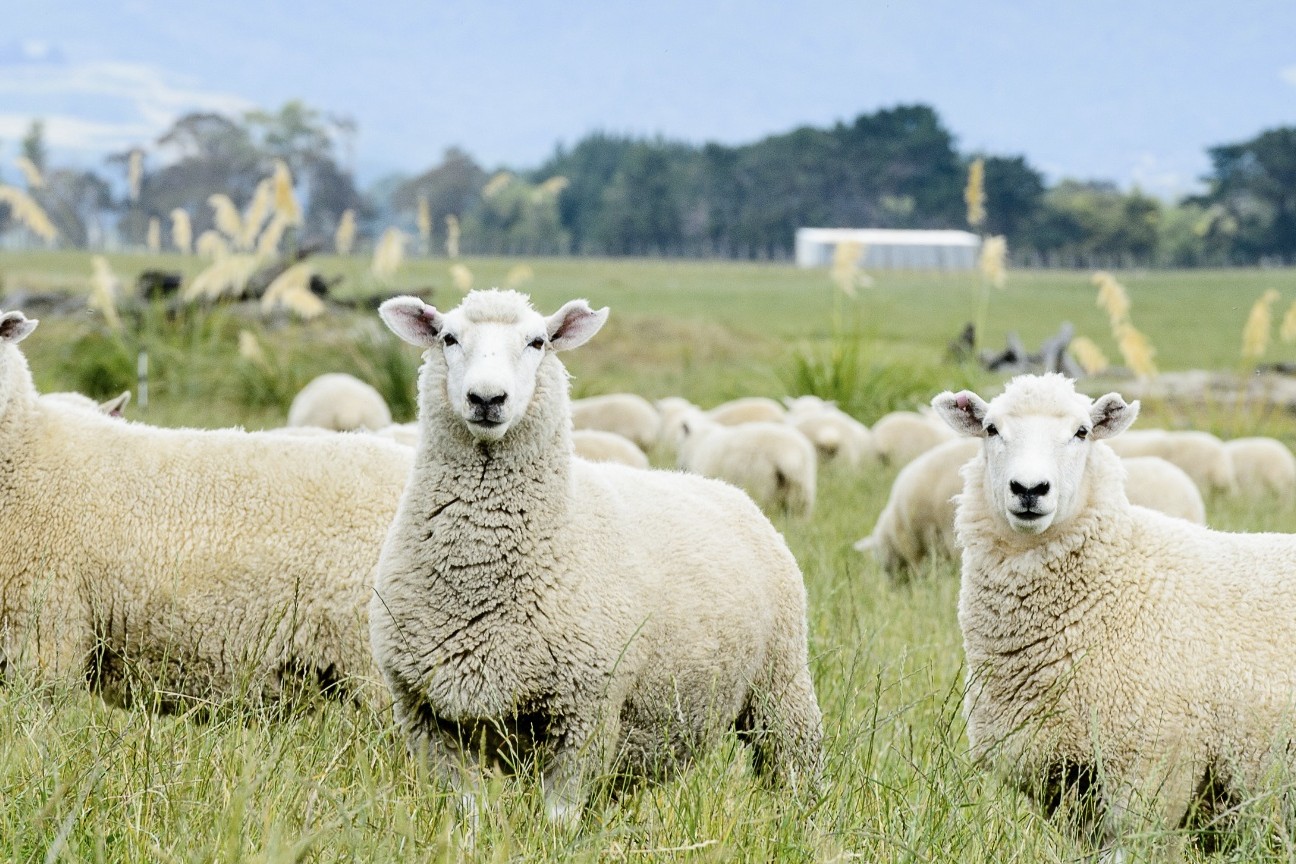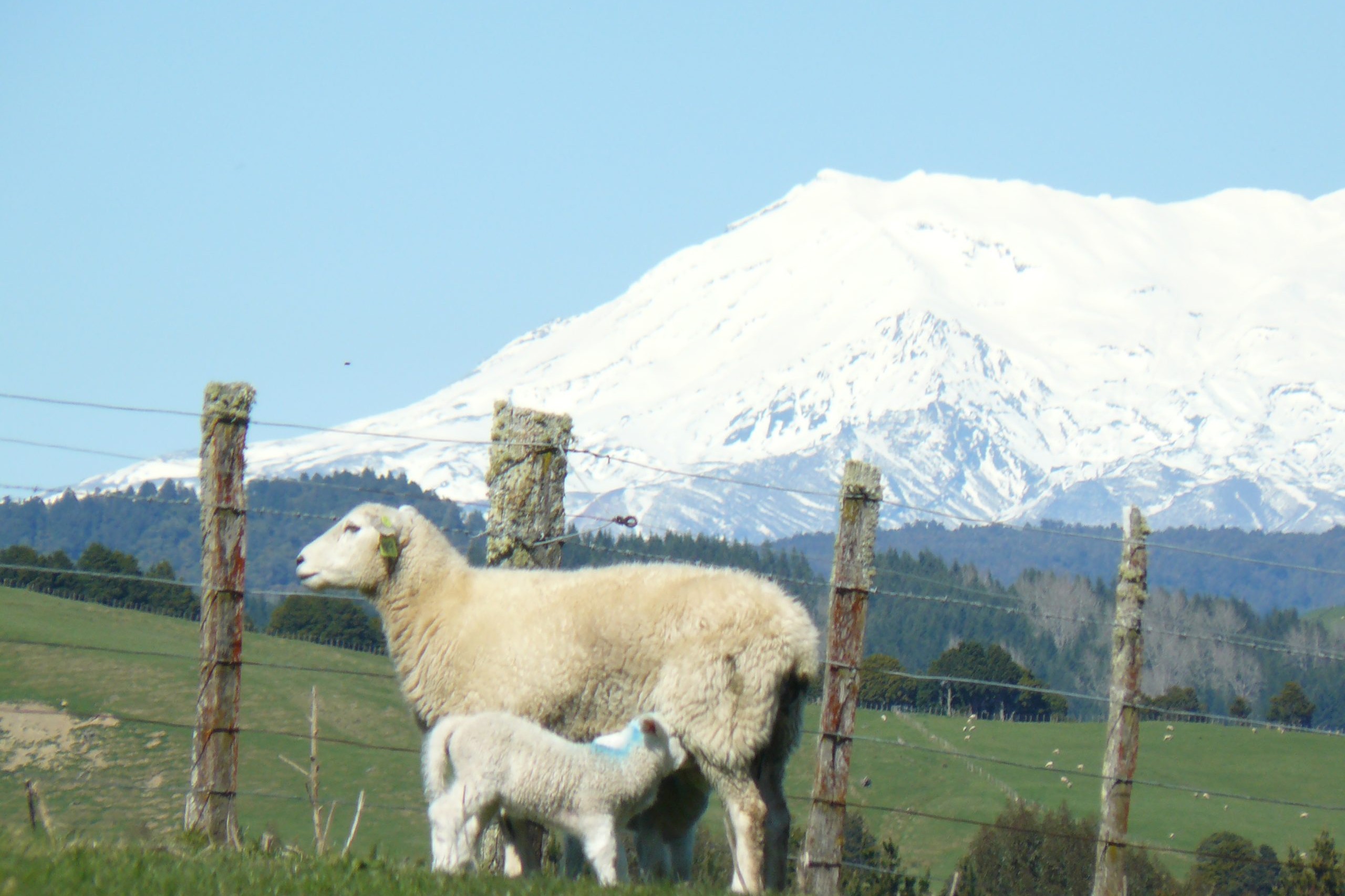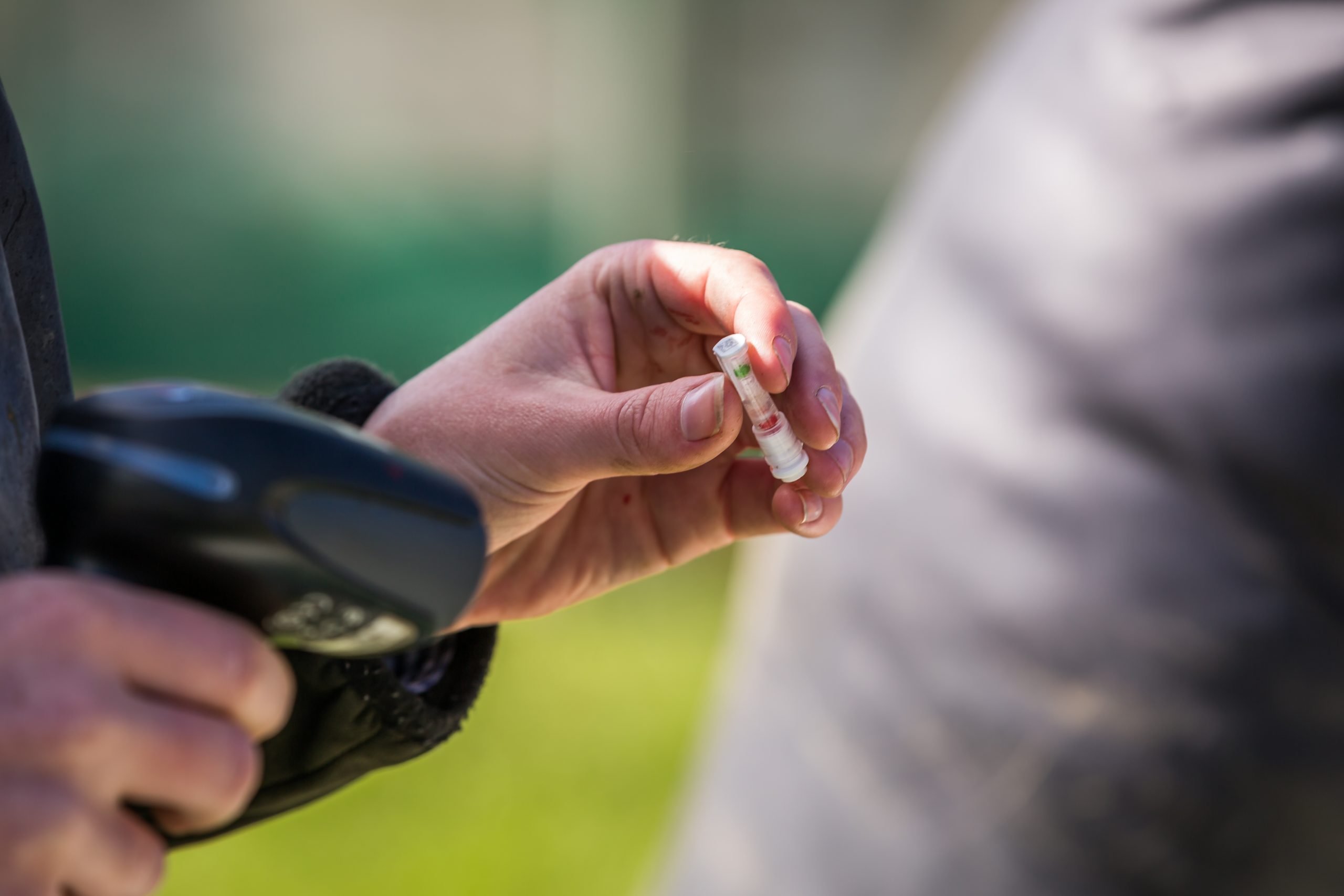Farming for good
A panel of farmers recently shared their personal commitment to sustainability and quality products while taking a long-term, intergenerational view on a recent panel at the 2024 Red Meat Sector Conference in Wellington. Words Sarah Perriam-Lampp Photo Beef + Lamb New Zealand.

Being adaptable, staying positive and taking a long-term view to farming in New Zealand where the messages coming from a panel of leading farmers at the recent Red Meat Sector Conference who discussed their personal perspectives on sustainability, intergenerational planning, and customer expectations in the evolving farming landscape.
The theme of environmental stewardship and sustainability weaved itself throughout the panel discussion.
Ross Miller’s Roslyn Downs farm in Southland is a part of the New Zealand Farm Assurance Programme Plus (NZFAP+) and he explained how it provides confidence in their sustainable farming practices.
“It gives us a level of surety that we’re achieving auditable outcomes and we can then know that our farming system is fully sustainable,” shares Ross.
Ross shared their proactive approach to environmental opportunities, such as managing 10 kilometres of waterways, which required 30 kilometres of riparian fencing. While he acknowledges this had a large cost associated, he said it led to a production gain. In planting and creating wetlands, he said “the water entering our property is of a lower quality than what is exiting.”
He also stressed the need for continuous improvement, both for market access and personal satisfaction. Ross shared, “If your farm isn’t sustainable or there is something you’re doing over the long term that is having a negative impact, wouldn’t you want to change that?”
NZFAP+ has enabled the Millers to take a data-driven approach. “When people come onto our place or when customers come in and question us, we’ve got data that can back up our farming system,” explains Ross.
He also discussed the challenges of wintering stock in Southland and their innovative grazing systems, where cattle only stay on a piece of ground for 24 hours before moving on.
Mark Guscott’s Glen Eden Farm in Martinborough has been a part of the Atkins Ranch Regenerative Farming programme for around four to five years now.
‘It’s a good thing that there isn’t a set definition yet because, regenerative agriculture is about introducing new ideas to what’s already a dynamic industry.’ – Mark Guscott, Glen Eden Farms
“It just feels right. It’s been really rewarding. We’ve done different things – some have worked, some haven’t – and we’ve managed to get the market premium from time to time,” says Mark.
Allen & Jo Johnstone shared how proud they are of some of their environmental efforts, such as planting 35,000 native trees in the past five years.
“We’re passionate about our product, about being profitable, the environment, and most importantly about people,” says Jo.
The Johnstone’s farming in Te Kuiti is a part of the Silver Fern Farm Zero Carbon Beef programme and shared some insights into what it takes being a part of the programme and some of the rewards so far.
Planning for future generations was of importance to all panellists with Ross highlighting the importance of intergenerational farming for Roslyn Downs.
“We’re an intergenerational farming family. That really drives a lot of our behaviours and how we think about the business [and] the industry. We take a long-term view in everything and that leads into what we do around sustainability, environment, and animal welfare,” explains Ross.
‘We’re focused on a product of delicious, healthy, high-quality food. The customer has to appreciate the product we put out there.’ – Jo Johnstone, Wallace Johnstone Ltd
The Johnstones emphasised the long-term vision of their farm as a fourth-generation farm.
“Our ethos is ‘to continue generations of excellence’. The reason we chose that statement is because it recognises where we’ve come from, it recognises where we are at the moment, and also planning for the future.
“We absolutely love what we do. We consider ourselves very lucky to do what we do. We have our children Lilly and Harry who are in their early twenties looking to take the baton on. We are always planning for the next 100 years and beyond,” says Jo Johnstone.
Mark also shared insights into their multigenerational farming journey at Glen Eden Farm, highlighting the deep-rooted legacy aspects of their operation. “I think about it in a 500-year view, and it is difficult to separate your day-to-day decision from that sort of thinking,” he said.
‘We have a saying in our business. The standard you set is what you’re prepared to walk past.’ – Jason Miller, Rosyln Downs
Guscott spoke about how they added their own aspects to the business by diversifying to include arable farming and tourism.
Watch the panel on YouTube




